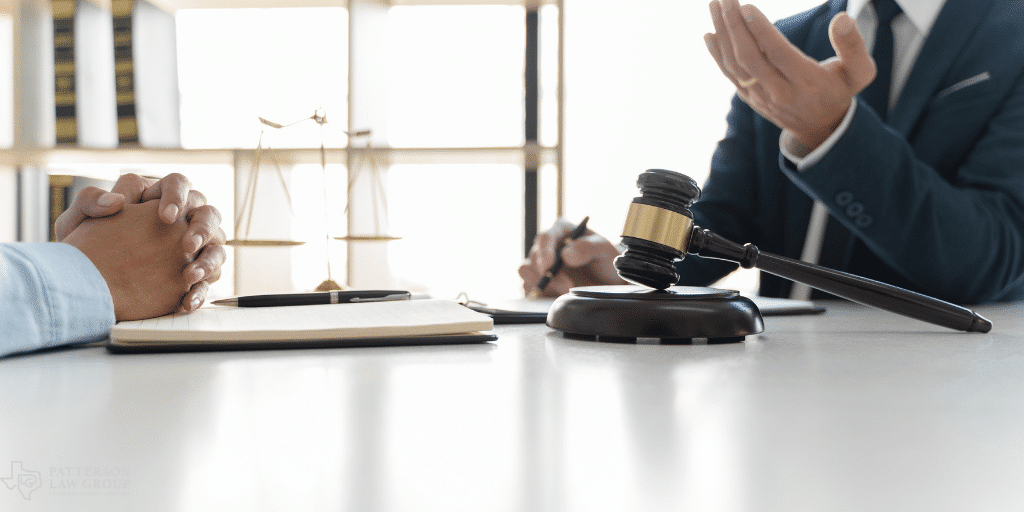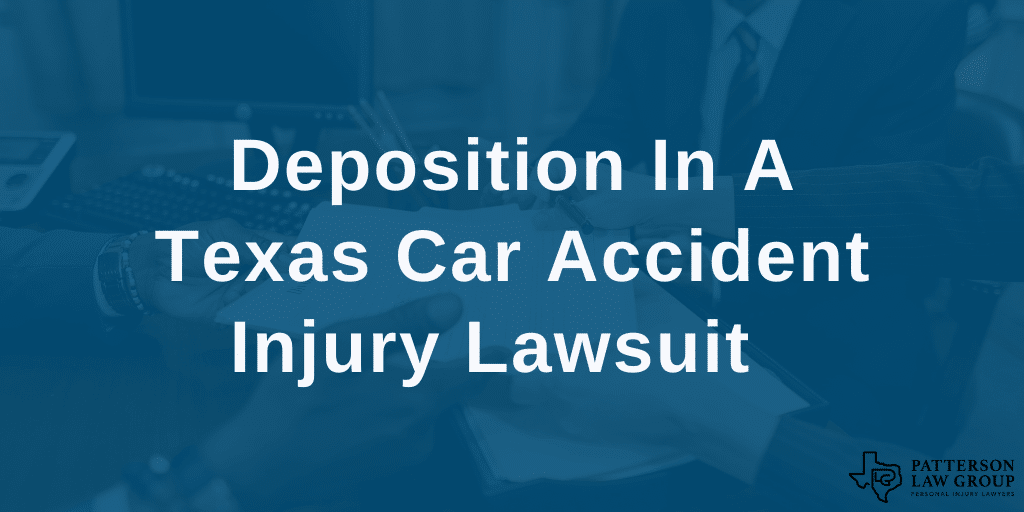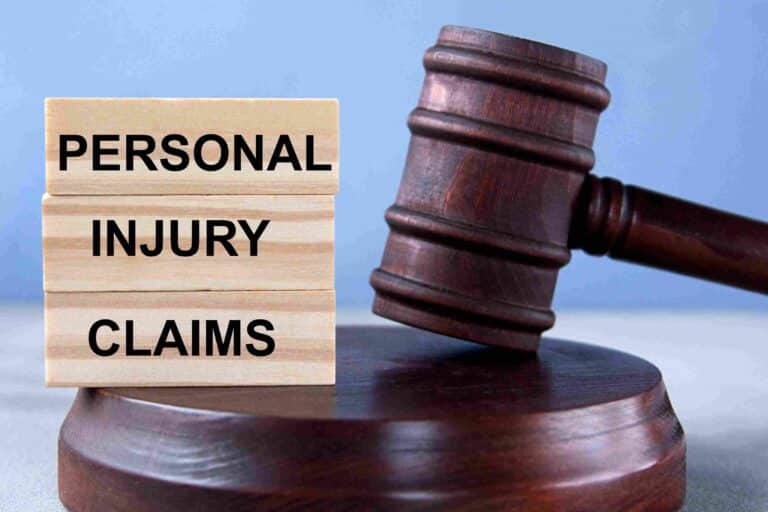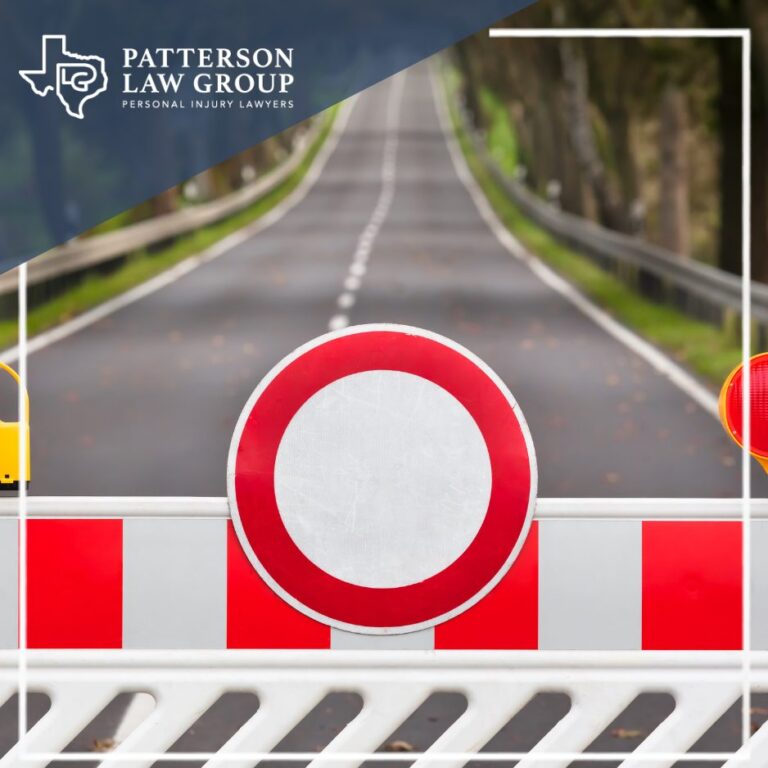Depositions are essential to any car accident lawsuit in Texas. Car accident injury lawsuits can be confusing at first glance. Many people don’t know what a deposition is or why it’s needed. Thankfully, the process is pretty straightforward.
If you’ve been in a car accident in Texas, you will likely have to face a deposition at some point. But you can prepare for your deposition and get through it with a little help. Keep reading to find out all you need to know about depositions in car accidents in Texas.
A Deposition In A Motor Vehicle Accident Lawsuit
A deposition in a motor vehicle accident lawsuit is an inquisition taken under oath. It is similar to an interrogation that you might face in a courtroom but is done in private with only the lawyers involved in the case.
A deposition usually occurs in a lawyer’s office. You will be questioned by the lawyer of the opposite party. They will ask standard questions such as:
- Your name, address, job history, etc.
- What happened on the day of the accident.
- What the weather was like on the day of the accident.
- How the accident happened, as far as you remember.
- If you were drinking or using drugs before the accident.
- What treatment you received after the accident.
There are many other questions that lawyers may ask, designed to help the lawyers get a good sense of what happened at the accident and your state of mind during and after it. A deposition can last up to six hours in a day, though most finish within a couple of hours.
Why Is A Deposition Needed In A Personal Injury Lawsuit?
A deposition is very important for establishing witness testimony of what happened in an accident. If you are involved in a personal injury lawsuit, you are likely claiming that the other driver was responsible for your accident and should pay for the damages you suffered.
In Texas, you are only allowed to file a claim to recover damages if you are less than 50% responsible for the accident. If you are less than 50% responsible, you can receive compensation, but the amount you can receive will be reduced by the percentage of your responsibility.
It is important for lawyers to take depositions so they can hear what happened in an accident from the mouths of those involved. Depositions provide evidence of what happened and allow lawyers to establish a basis for settlement negotiations based on fault.
The deposition will be recorded, either on paper or on video or both and can be used in court. Depositions are usually taken long before cases go to court so your memory is still relatively fresh.

5 Things To Know In A Car Accident Deposition
If you have to be questioned in a car accident deposition, there are a few things you’ll need to know. Remember that you will be under oath, just as you would be in a courtroom. You will have to answer all questions truthfully to the best of your ability.
Here are five things you’ll want to know as you enter a car accident deposition:
- Your lawyer should help you prepare. As you get ready for a deposition, your lawyer will probably run over some common questions with you. This is to help you prepare so you don’t feel nervous or forget important details.
- You should stick to the facts. Never elaborate or embellish your recounting of what happened. This could end in serious trouble for you if you say something different later or end up lying under oath.
- You should review the witness statements and other evidence. Before you head to your deposition, try to review the evidence you already have. Go back to your own written statements and those of other witnesses to make sure you remember the facts clearly.
- Be polite. Never interrupt, make unnecessary jokes, or lose your temper. Acting in such an unprofessional manner could seriously damage your credibility and lead to further suspicion against you.
- Take your time. Think carefully before you answer questions. Make sure you’re speaking clearly and concisely and know the facts will back you up. And if you don’t know an answer, don’t be afraid to say so.
Make sure you’re prepared to answer any questions the lawyers may have about the accident and your personal life.
Common Questions Asked In A Personal Injury Deposition
While every lawyer likely has a slightly different plan of action, there are certain questions that are asked at almost every deposition in the personal injury context. You should be ready to answer such questions as:
- What is your name?
- What is your date of birth?
- What is your address?
- Where do you work?
- How long have you lived/worked there?
- On the day of the accident, what did you see?
- How was the weather on the day of the accident?
- Were you drinking or using drugs before the accident?
- Were you speeding?
- What do you remember about the other car involved in the accident?
- Who did you talk to after the accident?
- What was your health like before your accident?
- What treatment have you received since your accident?
- What treatment are you receiving now?
- What impact has the accident had on your job situation?
You’ll need to be prepared for any of these questions, plus others that lawyers may see fit to ask based on the circumstances of your case. Don’t forget to answer truthfully and focus on the facts.
Our Fort Worth Car Accident Lawyers Always Prepare Our Clients for Their Car Accident Deposition
We always take the time to prepare our clients for their depositions so that they are calm, cool, and collected. That way, truth, and justice prevail.
If you’re seeking a lawyer to help you in your car accident lawsuit and deposition, don’t hesitate to give us a call today. We’ll be delighted to help!






